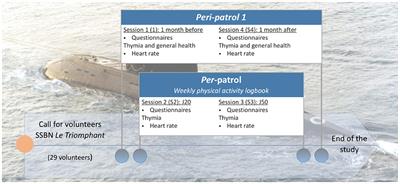ORIGINAL RESEARCH
Published on 25 Apr 2022
The Effect of Physical Activity on Neurotrophin Concentrations and Cognitive Control in Patients With a Depressive Episode

doi 10.3389/fpsyt.2022.777394
- 1,615 views
- 1 citation
9,969
Total downloads
43k
Total views and downloads
ORIGINAL RESEARCH
Published on 25 Apr 2022

ORIGINAL RESEARCH
Published on 15 Mar 2022
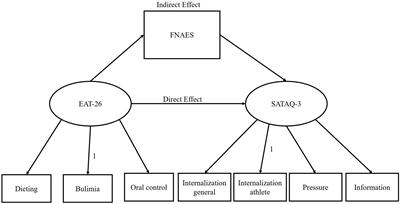
BRIEF RESEARCH REPORT
Published on 07 Mar 2022

ORIGINAL RESEARCH
Published on 24 Feb 2022
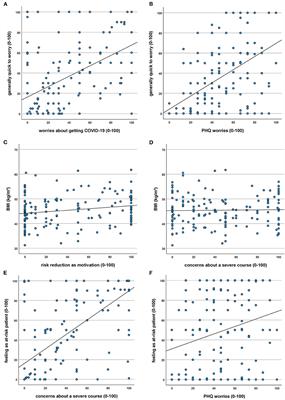
ORIGINAL RESEARCH
Published on 13 Jan 2022
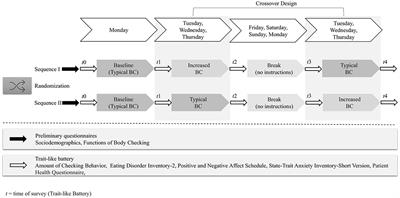
ORIGINAL RESEARCH
Published on 04 Jan 2022

SYSTEMATIC REVIEW
Published on 13 Dec 2021
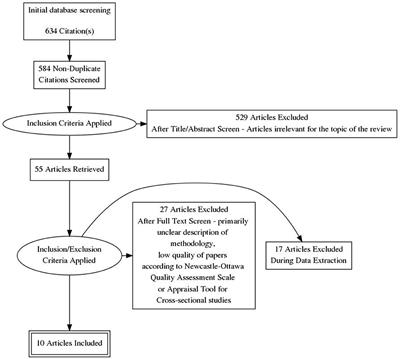
ORIGINAL RESEARCH
Published on 25 Nov 2021
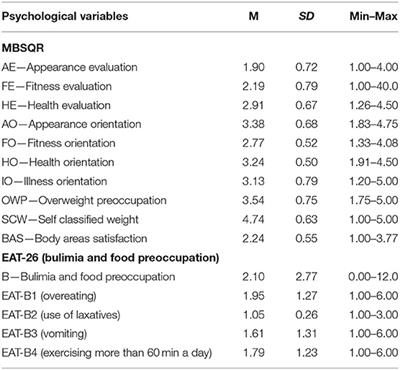
ORIGINAL RESEARCH
Published on 11 Nov 2021
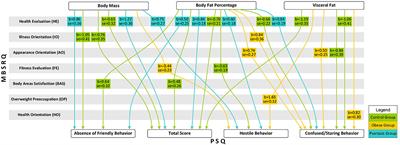
ORIGINAL RESEARCH
Published on 05 Nov 2021
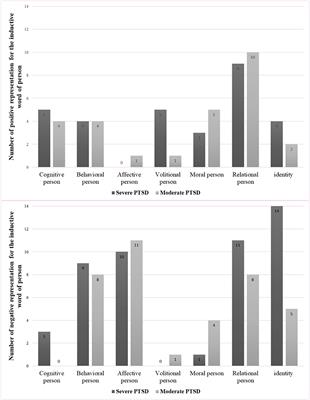
ORIGINAL RESEARCH
Published on 12 Jul 2021
